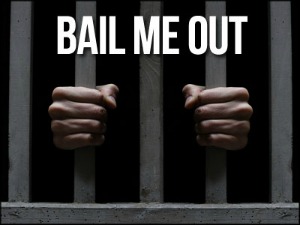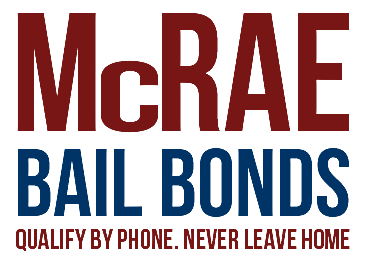
You’ve been arrested, sat in jail, found a bail bondsman, and got a co-signer, but somehow, your bail has been revoked, you are back in prison, and you owe the court a lot of money you don’t have. How did this happen, and can you fix it?
There are many reasons for revoking your bail, but sometimes, you may not know you have violated your bail bond agreement. Once the judge has declared that your bond is “forfeited,” you can ask an attorney to file a bail remission motion. Often, a judge will set aside a bail forfeiture if your attorney can prove any of the following:
- You were not aware of the specific bail bond condition you violated
- The violation was against your will.
- You were easy to find, and the government didn’t incur any costs to see you.
- There was no significant injury to the government because you violated your bail bond.
Whether or not a bond can be reinstated in your case depends on the crime’s severity, the time since the bond was forfeited, and whether the judge has a good reason to refund the bond. Discussing your case with your attorney, who can file the bail remission motion, is always best.
Before your bail has been revoked for something you don’t understand, it is best to have regular contact with your bail bondsman and make sure you’re not doing anything that could get your bail bond revoked. If you have any questions about the terms of your bond, you should call your attorney or McRae Bail Bonds. We will answer your questions to help you stay out of jail.

